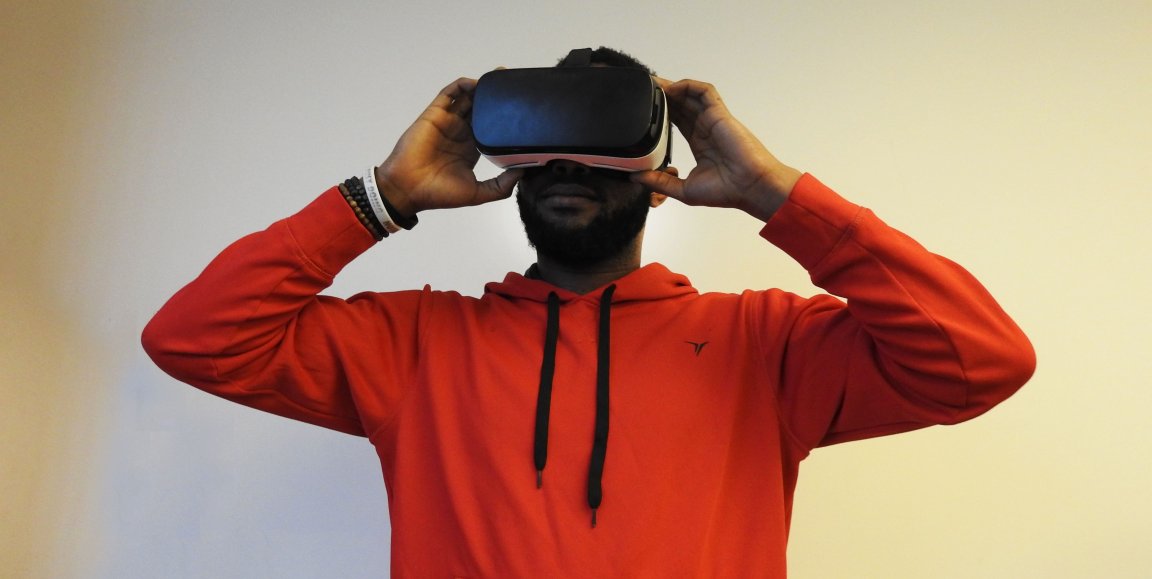
Technology for Good
There’s a lot of good that technology brings to the world—convenience, ease, accessibility, even social good. Now, one technological advancement has come into focus recently for its potential promote empathy: virtual reality (VR).
Slowly, virtual reality is gaining a foothold outside of gaming, being recognized for its use in fields such as education, retail, even the medical industry. Researchers and experts are now pointing out that VR can do a lot more than simply provide an immersive dimension to traditional entertainment. VR, can place users temporarily in someone else’s shoes, and as such, can be used to “reduce racial bias, promote environmentalism, encourage empathy for prisoners, humanize political enemies, or even help users make better financial choices.”
“We have spent the past fifteen years designing experiments to test the efficacy of VR to teach empathy. Across dozens of studies, a pattern emerges in that VR tends to be a more effective tool than other media and role-playing techniques,” Jeremy Bailenson, founding director of Stanford University’s Virtual Human Interaction Lab said in an article written by NBC News.

In one experiment conducted in Barcelona, VR was instrumental in providing an in-depth understanding of racial bias, with VR allowing users to use light and dark-skinned avatars. In another, Stanford University used a time-lapse simulation that gave users an immersive experience of what it was like to be a piece of coral corroding slowly due to ocean acidification. Researchers observed that those who were part of the VR experience recognized acidification as an environmental threat versus other who merely saw the coral corrode on video–demonstrating the impact of VR to environmental empathy.
The Impact
Sun Joo (Grace) Ahn, believes the technology’s unique ability to build this level of empathy among users can be credited to its inherently immersive nature. Imagining life from someone else’s point of view is based on limited information. Anything that is confusing or unclear will leave perceptual blanks that prevent someone from fully understanding what it means to be in their shoes.
Even if you could easily fill those perceptual blanks using your imagination, these will all be based on assumptions. VR makes it possible for people to actually fill those shoes. So if you want someone to relate to the difficulty of experiencing racial bias on a daily basis, VR can let you navigate a virtual world while assuming an avatar with a different skin-tone from you in real life, so that you experience the emotions behind it. According to Ahn, the added sensory input makes it easier for the experience to make an imprint in the brain.
“Virtual simulations tend to mimic what you might experience in the physical world so there’s a lot more detail for you to create a mental schema, a memory of this experience as if it happened to you in the real world,” she says. “When you are trying to recall that experience later on, it’s a lot more salient. You have a lot more details to recall. It’s easier for you to build this mental map of what you experienced in your memory.”
Research behind this phenomenon and its significance in promoting positive behavior is still in its early stages. Whatever short-term effects we may get from VR exposure will also have to contend with a barrage of other media sources that may contradict the positive messages delivered in VR form. Right now, studies are looking into how you can use the technology to draw long-term effects, which will involve more research in repeated use as well as development of more empathy-building VR programs. There’s also the possibility of the technology and research being “hijacked or used to promote different agendas regardless of their moral composition,” as one Stanford University graduate student points out.
One thing is for certain, however. This development points to VR being more than just a novel way to experience gaming. Technology can indeed have a more profound effect for all of us.